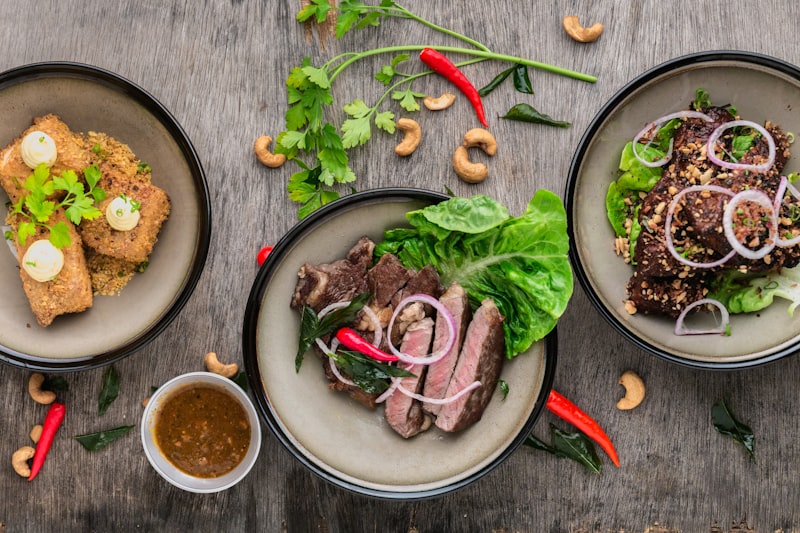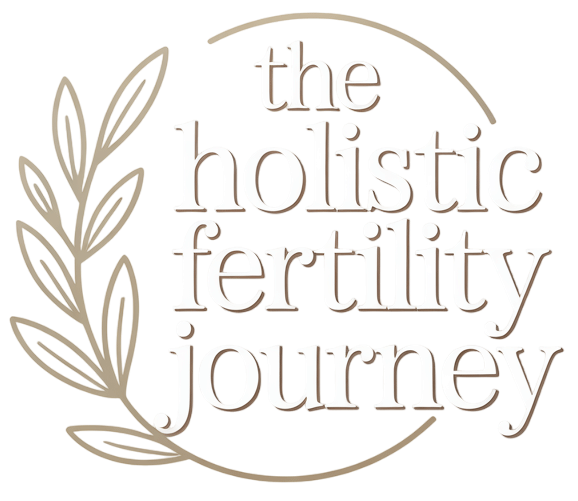Looking Ahead: Finding a Protein Pattern That Fits
Fertility is built day by day, meal by meal—not through one food or magic number, but through balance, curiosity, and kindness toward yourself. Protein is a quiet ally in this process, supporting hormones, eggs, sperm, and every hopeful step forward.
If you’re ever unsure about the right amount or type of protein for your personal needs, seeking guidance from a registered dietitian or holistic nutritionist can offer perspective tailored to your full story. For now, let’s celebrate the small ways mindful eating can nurture every part of the fertility journey.
Sources consulted: Harvard T.H. Chan School of Public Health, Fertility and Sterility Journal, American College of Obstetricians and Gynecologists, British Medical Journal, Andrology Journal, Reproductive BioMedicine Online.


